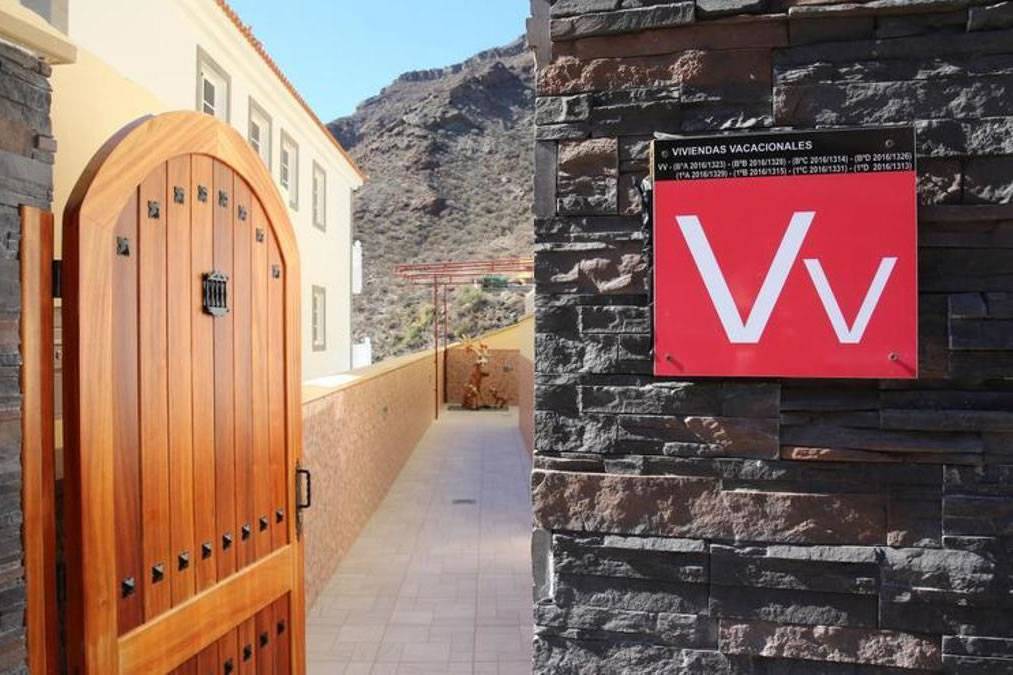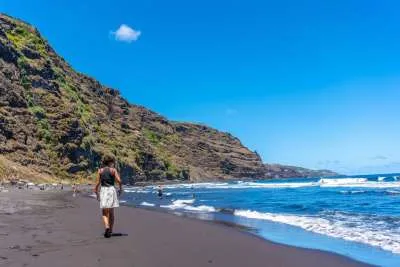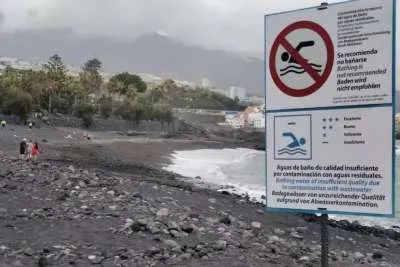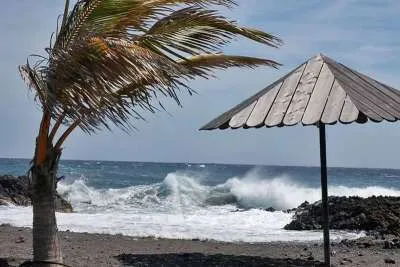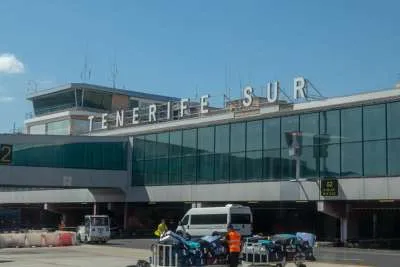Canary Islands government reveal content of new law to regulate holiday rentals
- 04-04-2024
- Business
- Canarian Weekly
- Photo Credit: Stock Image
The draft law on the regulation of tourist use of housing, presented yesterday by the Government of the Canary Islands, establishes that at least 90% of residential building capacity will exclude tourist lodging use, unless urban planning justifies a lower level, although, in any case, it must be properly justified after passing controls related from planning to the environment, among other parameters.
The regional Minister for Tourism and Employment, Jéssica de León, and the director general of Planning, Training, and Tourist Promotion, Miguel Ángel Rodríguez, presented the provisional content of the future regulation yesterday (Wednesday), which aims to “consolidate a paradigm shift to favour residents", and will be available for public input for the required 30 days (until May 2nd) before it can be passed and implemented later this year, pending any ammendments.
The key of the draft lies in the municipalities, since, once it comes into force, touristic use of housing may be allowed "when decided," area by area, "by municipal planning departments through various instruments that do not have to be in their general urban plans but can also be drawn upon for this purpose through ordinances or special plans.
In any case, what is provided for in the still current regulations is over, and the decision will no longer be "at the discretion of the property owners or the market conditions."
However, the transition will be gradual, as it is planned to establish a "balanced" transitional regime of five years, during which there can be no more holiday rentals unless municipal planning departments allow it, once it justifies that a series of "sustainability indicators" are met.
During these five years, Rodríguez detailed, owners who already market holiday rentals "can rest assured because nothing will be taken away from them," but they will have to adhere to the new provisions of this law, as if they can’t, they will end up having to withdraw their property from the market, regardless of whether they have a VV plaque or not.
EXCEPTIONS TO THE NEW LAW
However, to save this transitional period, a series of exceptions are set, such as allowing an owner to continue operating a holiday rental for twenty years on the condition that they put another property on the market for long-term rental with a price representing 30% of the average income in the population area where it is located, which must be the same as where the property with tourist use is marketed.
The future law will also prohibit giving tourist use to protected housing and will establish a period of ten years to give this use to a residential property, understood as one that is occupied for more than 183 days a year.
Residential land cannot be fully allocated to tourist use without a municipality approving it after an evaluation. It is about balancing the right to housing with the protection of the urban environment and the expectations of business initiatives in a region with 1,078,000 properties in which holiday rentals, with 222,014 places, represent 37% of the total accommodation offer (555,000 places).
Other articles that may interest you...
Trending
Most Read Articles
Featured Videos
TributoFest: Michael Buble promo 14.02.2026
- 30-01-2026
TEAs 2025 Highlights
- 17-11-2025


